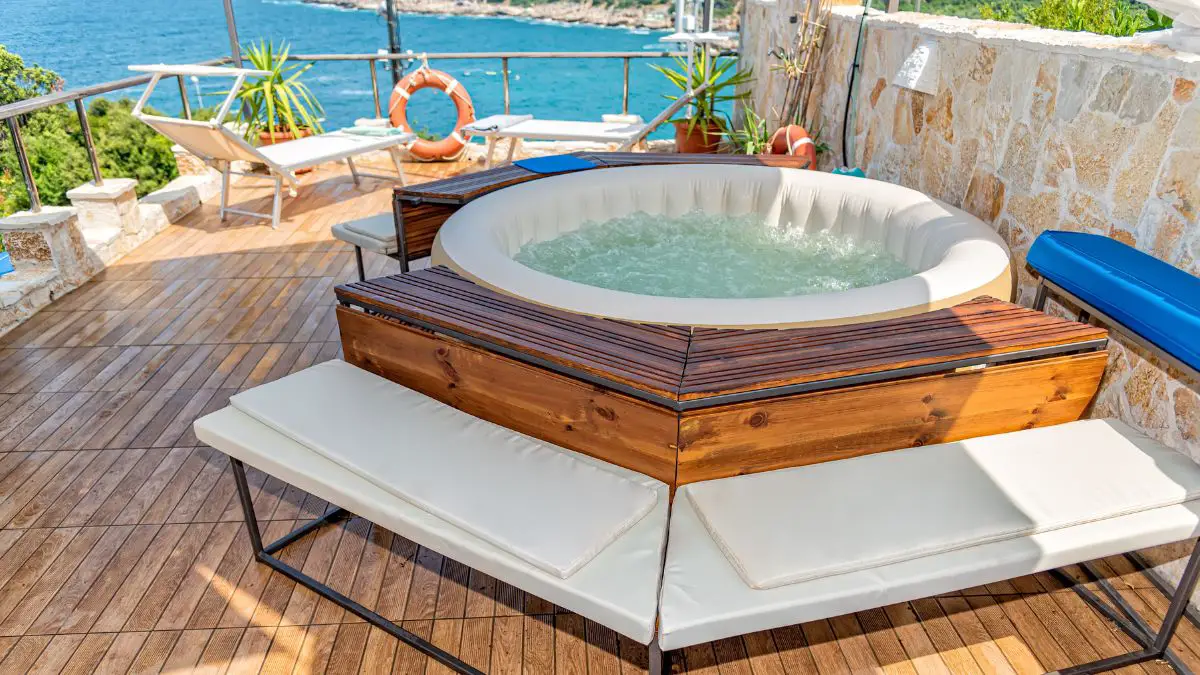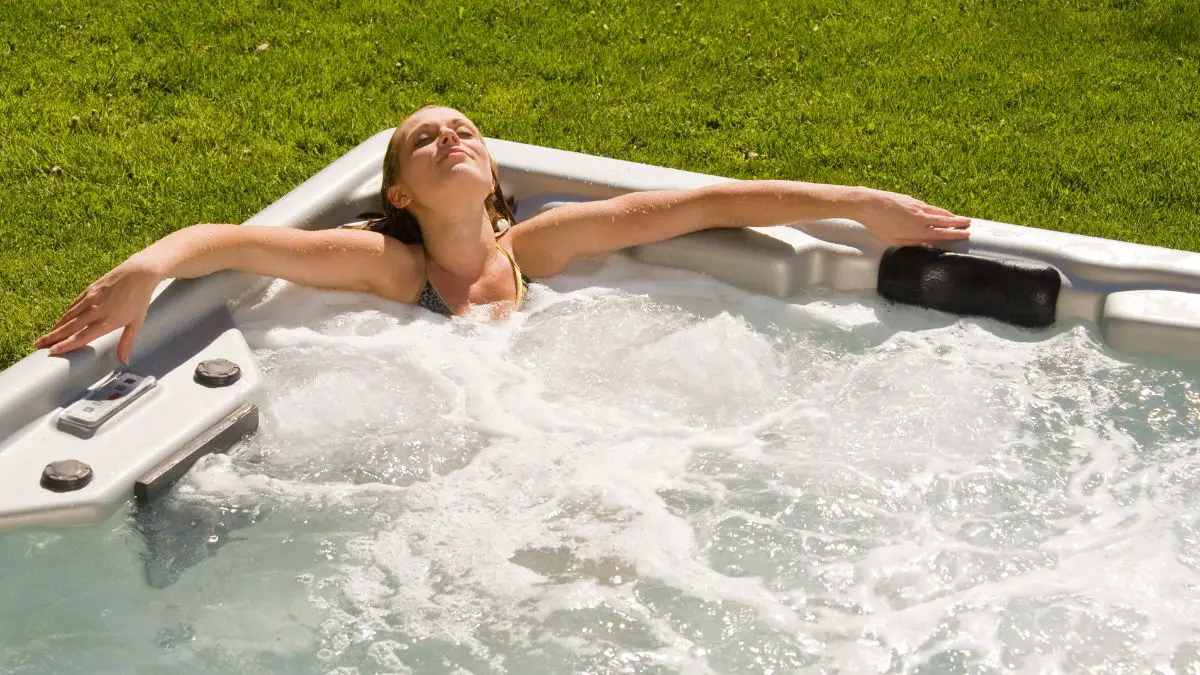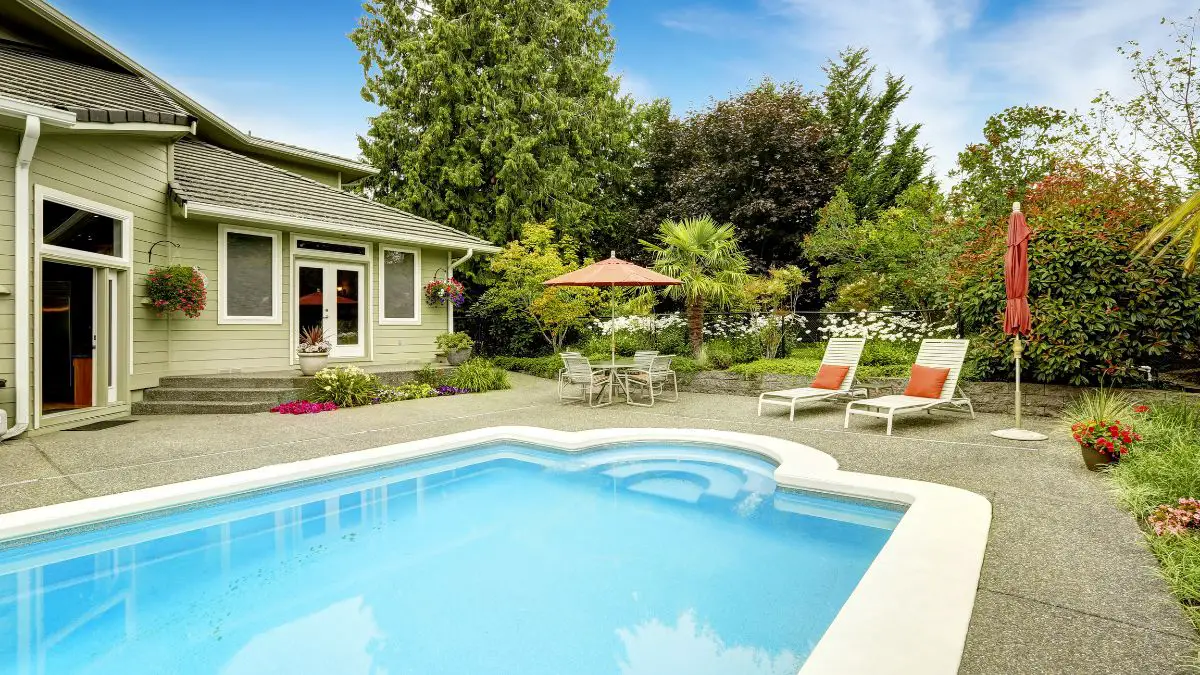Imagine a hot summer day, the sun is high in the sky and all you want to do is dive into the cool, refreshing water of your swimming pool. But wait! Your pool is empty. That’s where the importance of pool water delivery comes into play.
You see, pool water delivery is not just about filling your pool with water. It’s about ensuring that the water in your pool is clean, safe, and ready for you to enjoy. It’s about providing you with a convenient solution to keep your pool filled, especially during those hot summer months when all you want to do is swim.
Think about the process of pool water delivery. It starts with a local pool water delivery service or a bulk water delivery service near you. They use a water truck for pool delivery, ensuring that the fresh water delivered is of high quality. The water truck delivery to fill your pool is efficient and timely, ensuring that your pool is ready for use when you need it.
So, when you’re thinking of buying pool water near you or considering a pool water refill, remember the importance of swimming pool water delivery. It’s not just about clean water; it’s about ensuring that your pool is always ready for you to enjoy.
| Key Takeaways |
|---|
| There are three main types of water you can use to fill your pool: city water, well water, and delivered water. |
| City water is often the most affordable option upfront, but it may contain chlorine and other chemicals that can affect the balance of your pool water. |
| Well water is a cost-effective option if you have access to a well, but it often contains minerals that can stain your pool or make the water look cloudy. |
| Delivered water, or bulk water delivery, is a convenient and quick option, especially if you need to fill your pool quickly or don’t have access to enough city or well water. |
| The cost of filling your pool depends on several factors, including the size of your pool, your location, and the type of water you choose. |
| Local pool water delivery services offer a range of benefits, from personalized service to quick response times. |
| Bulk water delivery services can deliver large volumes of water in a single trip, making them an excellent choice for filling large pools or for emergency fill-ups. |
| It’s important to prepare properly for water delivery and know what to do after the water has been delivered to ensure your pool is ready for use. |
| Regular maintenance, including regular testing and adjustment of water chemicals, cleaning, and equipment checks, is key to keeping your pool clean and safe. |
| While city and well water can be more affordable upfront, remember to factor in the potential cost of additional treatment. Delivered water can be more expensive, but the convenience and time savings might be worth the extra cost. |
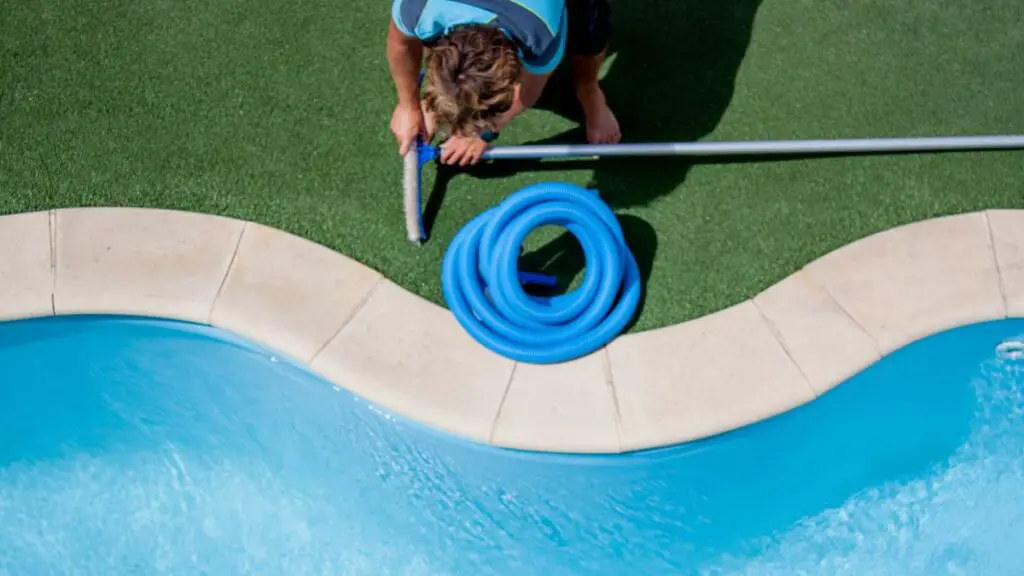
Types of Water for Pool Filling
When it comes to filling your swimming pool, you have several options. Each type of water has its own set of benefits and drawbacks. Let’s dive into the three main types of water you can use to fill your pool: city water, well water, and delivered water.
City Water
City water, also known as municipal water, is a common choice for filling pools. It’s readily available and easy to access. You simply connect a hose to your outdoor faucet and let the water flow into your pool. However, city water often contains chlorine and other chemicals to make it safe for drinking. These chemicals can affect the balance of your pool water and may require you to add additional chemicals to neutralize them.
Pros
- Easy to access, regulated for safety
Cons
- Contains chlorine and other chemicals, may affect pool water balance
Well Water
If you live in a rural area, you might consider using well water to fill your pool. Well water doesn’t contain chlorine, which can be a plus. However, it often contains minerals like iron and calcium that can stain your pool or make the water look cloudy. You might need to treat well water with chemicals before adding it to your pool to prevent these issues.
Pros
- Free of chlorine, readily available in rural areas
Cons
- Contains minerals that can stain your pool or make the water look cloudy, may require treatment before use
Delivered Water
Delivered water, or bulk water delivery near you, is another option. This is an excellent choice if you need to fill your pool quickly or if you don’t have access to enough city or well water. A water truck delivery to fill pool near you brings a large amount of water directly to your home. The water is typically clean and ready to go into your pool. However, pool water delivery services can be more expensive than using city or well water.
Pros
- Quick, convenient, water is usually ready to go into your pool
Cons
- Can be more expensive than other options
In conclusion, the type of water you choose to fill your pool depends on what’s available to you, your budget, and how quickly you need to fill your pool. Whether you choose city water, well water, or opt for a pool water delivery service near you, make sure to test the water and adjust the chemicals as needed to keep your pool safe and enjoyable.
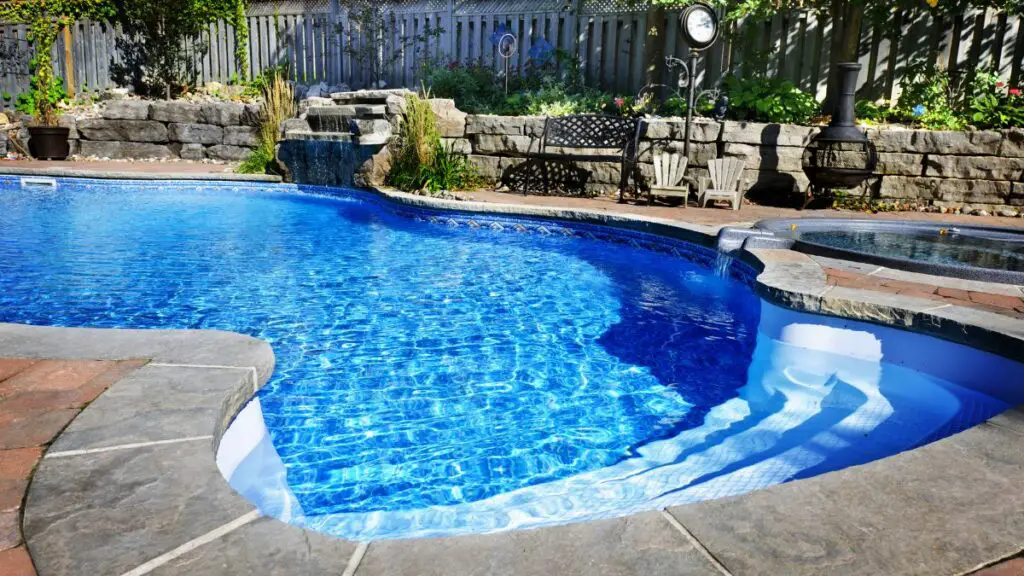
Cost of Pool Water Delivery
When it comes to filling your pool, one of the key considerations is the water rates. The price tag attached to getting your pool ready for a swim can vary widely, depending on several factors. Let’s explore these factors and compare the water costs of using city water, well water, and delivered water.
Factors Affecting the Cost
Several factors can affect the cost of pool water delivery. The size of your pool is a significant factor – the larger your pool, the more loads of water you need, and the higher the cost. Your location also plays a role. If you live in a remote area, you might pay more for delivery due to the increased travel time and fuel costs. The type of water you choose also affects the cost. City water and well water might be cheaper upfront, but they may require additional treatment, adding to the overall cost.
- Pool size: Larger pools require more water, increasing the cost.
- Location: Remote locations may incur higher delivery costs.
- Water type: City and well water may require additional treatment.
Cost Comparison: City Water, Well Water, and Delivered Water
Let’s break down the costs associated with each type of water.
City Water
City water is often the most affordable option upfront. You pay your regular water bill, which is typically lower than the cost of water delivery for pool. However, remember that city water often contains chlorine and other chemicals. You might need to invest in additional chemicals to balance your pool water, which adds to the overall cost.
Well Water
Well water is another cost-effective option if you have access to a well. Like city water, the upfront cost is low. But well water often contains minerals that can stain your pool or make the water cloudy. You might need to invest in water treatment to prevent these issues, adding to the overall cost.
Delivered Water
Pool water delivery services offer convenience and speed, but this comes at a price. The cost of delivered water is typically higher than city or well water. However, the water is usually ready to go into your pool, which can save you time and the cost of additional treatment.
In conclusion, the cost of filling your pool depends on several factors, including the size of your pool, your location, and the type of water you choose. While city and well water can be more affordable upfront, remember to factor in the potential cost of additional treatment. Delivered water can be more expensive, but the convenience and time savings might be worth the extra cost.
Local Pool Water Delivery Services
When it comes to filling your pool, local pool water delivery services can be a game-changer. These services specialize in delivering clean, ready-to-use water directly to your pool, saving you time and effort. But what exactly do these services offer, and what are the benefits of using a local service? Let’s dive in.
Description of Services
Local pool water delivery services offer a range of services designed to make your life easier. They provide water truck delivery to fill pool near you, ensuring that you have the water you need when you need it. These services typically offer both scheduled deliveries and emergency fill-ups, so you’re never left high and dry.
What You Can Expect From a Local Pool Water Delivery Service
Here’s a snapshot of what you can expect from a local pool water delivery service:
- Water delivery for pool: They deliver the water you need directly to your pool.
- Scheduled deliveries: You can schedule regular deliveries to keep your pool filled.
- Emergency fill-ups: If you find your pool unexpectedly empty, they can provide a quick fill-up.
Benefits of Local Services
Choosing a local pool water delivery service comes with several benefits. First and foremost, you’re supporting a local business, which helps your local economy.
Local services also offer a personal touch. They know your area, they understand local water conditions, and they can provide personalized advice and service. Plus, because they’re local, they can often respond more quickly to your needs than a larger, more distant pool water delivery company.
Key Benefits of Using a Local Service
- You’re helping to boost your local economy.
- Local services can provide tailored advice and service.
- Local services can often respond more quickly to your needs.
In conclusion, local pool water delivery services offer a range of benefits, from personalized service to quick response times. So, when you’re looking to buy pool water near you, consider going local. You’ll get the water supply you need, plus the added benefits that come with supporting a local business.
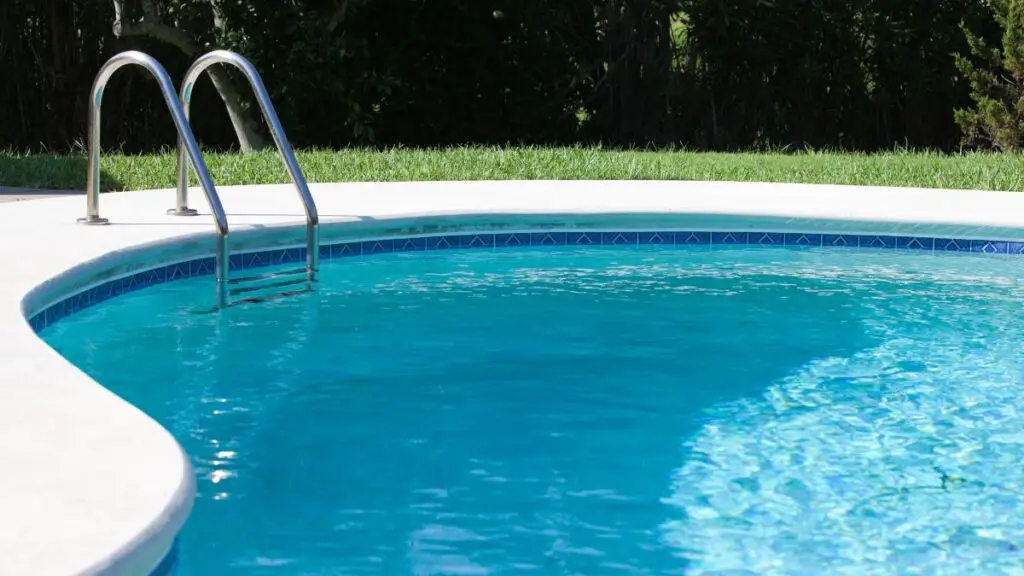
Bulk Water Delivery Services
When you need a large amount of water delivered quickly, bulk water delivery services are the way to go. These services specialize in delivering large quantities of water, making them an excellent choice for filling your swimming pool, especially if you’re in a hurry or don’t have access to enough city or well water. But what exactly is bulk water delivery process, and what are its advantages and disadvantages? Let’s explore.
What is Bulk Water Delivery?
Bulk water delivery is a service that delivers large quantities of water to your location. These services use a water truck for pool delivery, capable of carrying thousands of gallons of water. Whether you’re looking to fill your pool with water near you or need water for a large event, bulk water services can provide the volume of water you need, when you need it.
What Bulk Water Delivery Entails?
Here’s a snapshot of what bulk water delivery entails:
- Large volume delivery: Bulk water services can deliver thousands of gallons of water in a single trip.
- Quick and efficient: These services can fill your pool quickly, often in just a few hours.
- Flexible scheduling: You can schedule a delivery when it’s convenient for you, whether that’s on a regular basis or for a one-time event.
Advantages of Bulk Water Delivery
There are several advantages to using bulk water delivery services. The most obvious is the convenience. With a single phone call, you can have a large volume of water delivered directly to your pool. This can save you time and effort, especially if you don’t have access to enough city or well water.
Another advantage is speed. A water truck delivery to fill pool near you can fill your pool quickly, often in just a few hours. This can be a major advantage if you’re in a hurry to get your pool filled.
Key Advantages of Bulk Water Delivery
- No need to spend hours filling your pool with a garden hose.
- Your pool can be filled quickly, often in just a few hours.
- Bulk water delivery services can deliver the large volume of water needed to fill a pool.
Disadvantages of Bulk Water Delivery
While bulk water delivery services offer many advantages, there are also some disadvantages to consider. The main disadvantage is cost. Bulk water delivery near you can be more expensive than using city or well water. However, when you factor in the time and effort you save, the higher cost may be worth it.
Another potential disadvantage is availability. Not all areas have access to bulk water delivery services. You’ll need to check if such a service is available in your area.
Disadvantages of Bulk Water Delivery
- Bulk water delivery can be more expensive than other options.
- Not all areas have access to bulk water delivery services.
In conclusion, bulk water delivery services offer a convenient and quick way to fill your pool. While these services can be more expensive than other options, the convenience and time savings may make the extra cost worthwhile. As always, it’s important to consider your specific needs and circumstances when choosing a water delivery service.

How to Refill Your Pool Water On The Cheap
Filling your pool doesn’t have to break the bank. There are several cost-effective methods to refill pool water that can save you money. While pool water delivery services offer convenience and speed, they may not always be the most economical choice. Let’s explore some alternatives to water delivery that can help you fill your pool on the cheap.
Use City Water
One of the most cost-effective methods to fill your pool is to use city water. You can simply connect a hose to your outdoor faucet and let the water flow into your pool. The cost of city water is typically lower than the cost of water delivery for pool.
However, keep in mind that city water often contains chlorine and other chemicals, which may require you to add additional chemicals to balance your pool water.
Use Well Water
If you have access to a well, using well water can be another cost-effective method to fill your pool. Well water is typically free, which can save you a significant amount of money.
However, well water often contains minerals that can stain your pool or make the water look cloudy. You might need to treat well water with chemicals before adding it to your pool to prevent these issues.
Collect Rainwater
Collecting rainwater is another cost-effective method to fill your pool. You can set up a rainwater collection system to collect and store rainwater, which you can then use to fill your pool.
This method is not only cost-effective but also environmentally friendly. However, it’s important to note that collecting a sufficient amount of rainwater to fill a pool can take time and depends on the local weather conditions.
Use a Pool Cover
Using a pool cover can help you save money by reducing the amount of water that evaporates from your pool. This means you’ll need to refill your pool less often, saving you money in the long run. Pool covers can also help keep your pool clean, reducing the need for costly cleaning and maintenance.
Pros of Using Pool Covers
- Reduces evaporation, keeps pool clean
Cons of Using Pool Covers
- Initial cost of pool cover
In conclusion, there are several cost-effective methods to refill your pool. Whether you choose to use city water, well water, collect rainwater, or use a pool cover, each method has its own benefits and drawbacks. It’s important to consider your specific needs and circumstances when choosing the most cost-effective method to refill your pool.
Determining Your Pool’s Water Requirements
Your city’s water department may provide resources such as a pool volume chart or an online pool volume calculator. If your pool’s dimensions aren’t listed in any of these resources, a few simple mathematical calculations can help you estimate the volume of water your pool requires.
For a round pool, multiply the diameter by itself, then by the water’s depth, and finally by 5.9. For a rectangular pool, multiply the length by the width, then by the average depth, and finally by 7.5. For an oval pool, multiply the length by the width, then by the average depth, and finally by 5.9.
Minimizing Pool Water Loss and Saving Money
Evaporation is a common cause of water loss in pools, especially during the peak of summer. For instance, a 400 sq. ft. pool can lose nearly a foot of water per month due to evaporation. While it’s impossible to completely prevent this type of water loss, you can significantly reduce it by using a pool cover. A cover prevents wind from accelerating the rate of evaporation from your pool.
Monitoring your pool’s water level can also help you detect and address leaks early. Above-ground pools with vinyl liners can develop small tears that cause slow but steady water loss. Affordable DIY repair kits are available for these types of leaks. In-ground pools can be repaired more easily when the leak is small.
If you notice an unusually high rate of water loss and suspect a leak that you’re not confident in repairing yourself, it’s advisable to contact a pool professional. The repair cost will likely be offset by the savings from not having to constantly refill your pool.
Quick Tips About Pool Water Delivery
Whether you’re filling a new pool or refilling an existing one, pool water delivery can be a lifesaver. It’s convenient, quick, and saves you the hassle of filling your pool with a garden hose. But to make the most of this service, there are a few things you need to know. Here are some quick tips about preparing for water delivery and what to do after the water has been delivered.
Preparing for Water Delivery
Before the water truck for pool delivery near you arrives, there are a few things you need to do to ensure a smooth and efficient delivery.
- Check your pool: Make sure your pool is clean and free of debris. If your pool is new, ensure all construction debris is removed. If you’re refilling an existing pool, consider having it professionally cleaned before the delivery.
- Inspect your pool equipment: Check your pool pump, filter, and other equipment to make sure they’re in good working order. You don’t want to fill your pool only to discover a problem with your equipment.
- Clear the delivery path: The delivery truck will need to get as close to your pool as possible. Clear any obstacles that might be in the way to ensure a smooth delivery.
- Schedule your delivery: Contact your local pool water delivery service to schedule your delivery. Try to schedule your delivery for a time when you’ll be home so you can oversee the process.
What to Do After Water Delivery
Once your pool has been filled, there are a few more steps to take to ensure your pool is ready for use.
- Test the water: Use a pool water testing kit to check the pH, chlorine levels, and other chemical levels in your pool. Adjust as necessary to achieve the proper balance.
- Start your pool equipment: Once your pool is filled, start your pool pump and filter. This will help circulate the water and distribute the chemicals.
- Wait before swimming: It’s important to wait until the chemicals in your pool have been properly balanced before you swim. This usually takes at least 24 hours after the pool has been filled.
- Maintain your pool: Regular maintenance is key to keeping your pool clean and safe. This includes regular testing and adjustment of water chemicals, cleaning, and equipment checks.
In conclusion, pool water delivery is a convenient and efficient way to fill your pool. But to make the most of this service, it’s important to prepare properly and know what to do after the water has been delivered. With these quick tips, you’ll be well on your way to enjoying a clean, safe, and refreshing pool.
FAQs
Navigating the world of pool water delivery can bring up a lot of questions. Here are some frequently asked questions to help you understand the process better.
How much is 1000 gallons of pool water?
The cost of 1000 gallons of pool water can vary depending on your location and the type of water delivery service you use. On average, you can expect to pay between $100 and $200 for 1000 gallons of delivered water. However, prices can vary, so it’s best to contact your local pool water delivery service for an accurate quote.
What is the cheapest pool water?
Typically, the cheapest water to fill your pool is city water, as it’s often included in your regular water bill. However, keep in mind that city water often contains chlorine and other chemicals, which may require additional treatment.
How many gallons of water does it take to fill a pool?
The amount of water needed to fill a pool depends on the size of the pool. On average, a standard 20×40 foot in-ground pool holds about 30,000 gallons of water.
What is the cheapest way to line a pool?
Vinyl liners are often the cheapest option for lining a pool. They’re less expensive than concrete or fiberglass, and they’re also easier to install and replace. However, vinyl liners may not last as long as other options and can be prone to tears and leaks.
Conclusion
Filling your pool is a crucial step in ensuring your summer days are filled with fun and relaxation. Whether you’re setting up a new pool or refilling an existing one, understanding your options for pool water delivery can help you make an informed decision that suits your needs and budget.
We’ve explored the different types of water you can use to fill your pool, including city water, well water, and delivered water. Each type has its own set of pros and cons, and the best choice depends on your specific circumstances.
We’ve also delved into the costs associated with each type of water and discussed some cost-effective methods to refill your commercial pool. Remember, while bulk water delivery near you might seem expensive upfront, the convenience and time savings might make it worth the extra cost.
Local and bulk water delivery services offer a range of benefits, from personalized service to quick response times. However, it’s important to prepare properly for water delivery and know what to do after the water has been delivered to ensure your pool is ready for use.
In conclusion, pool water delivery services offer a convenient and efficient way to fill your pool. Whether you choose city water, well water, or opt for a pool water delivery service near you, make sure to test the water and adjust the chemicals as needed to keep your pool safe and enjoyable. After all, a well-maintained pool is the key to a fun and refreshing summer.




